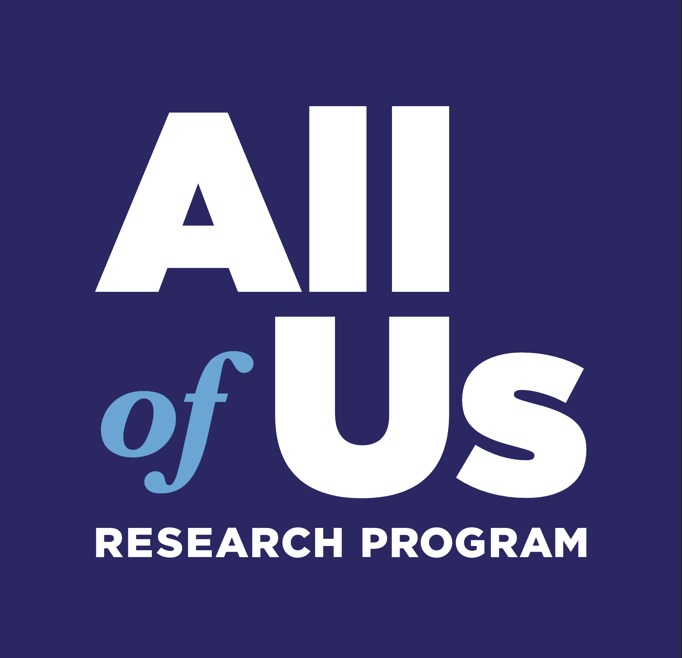
In the past, many communities, including racial and ethnic minorities, those who live in rural areas, and LGBTQ+ people, have often been left out of biomedical research. As a result, we know less about the health of those historically underrepresented in medical research and ways to provide them with the best care, resulting in potentially less effective prevention and treatment strategies.
This lack of diversity has been especially evident in genomic studies, where more than 90% of participants of genome-wide studies come from European ancestry. The genomic data in the All of Us dataset represents an unprecedented level of diversity, including nearly 50% of participants self-identifying with minority racial and ethnic groups.
The genomic data from All of Us participants is available to approved researchers alongside clinical, lifestyle, and wearable data. This combination of data allows researchers to better understand how genes can cause or influence diseases in the context of other health determinants to enable more precise approaches to care for all populations, which has not been possible in the past.
The program’s data browser offers a summary view of genetic data from participants. Using this tool, anyone can search for specific genes or variants and see aggregate counts of their frequency in the All of Us dataset and the genetic ancestry of participants with each variant.
Detailed genomic data is available in the Researcher Workbench’s Controlled Tier, a heightened access level that includes more granular demographic data and additional electronic health record data. As with all data in the Workbench, no direct participant identifiers are included to protect participant privacy. To get access, researchers must get sign-off from their institutions, complete training, and sign agreements for responsible data use. Once registered, researchers can use the data for a wide range of studies.
Health is made up of more than just the DNA we inherit or the care we receive. By bringing many different data types together with environmental and lifestyle data, at a scale and level of diversity not previously available, researchers can begin to see how all of these pieces of health fit together and better understand and address health inequities.
This progress could not have been possible without the generous contributions of All of Us participant partners. A benefit of being an All of Us participant is the choice to receive individual DNA results. Many have already received genetic ancestry and traits information, and in the coming year, health-related DNA results will begin to be made available to interested participants.
To learn more about the All of Us Researcher Workbench or register for access, go to www.ResearchAllofUs.org. To learn more about getting involved as a research participant, visit allofus.uabmedicine.org.